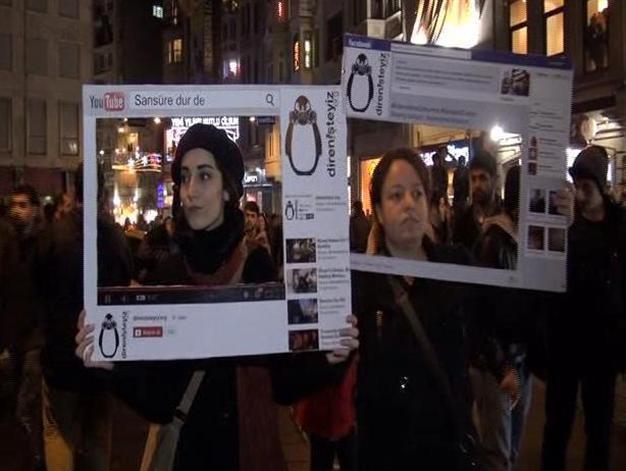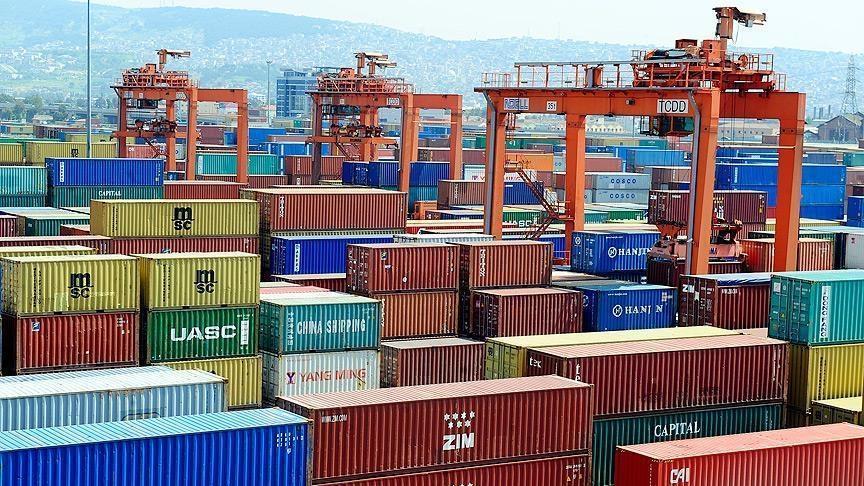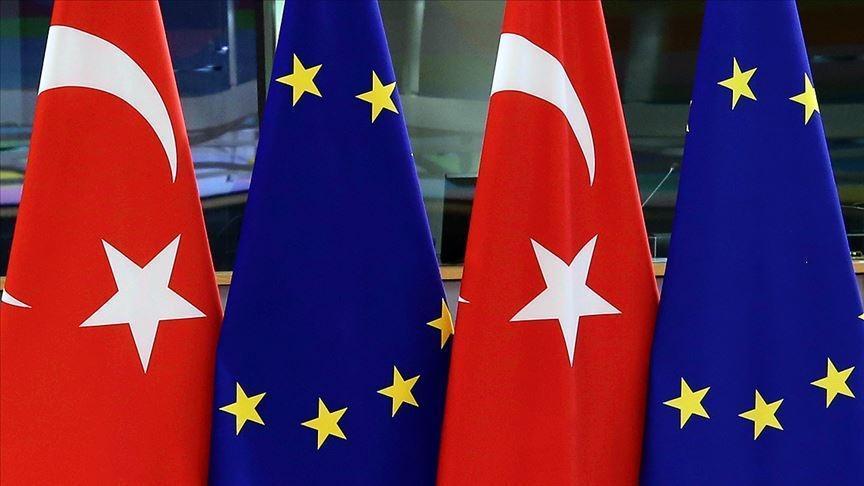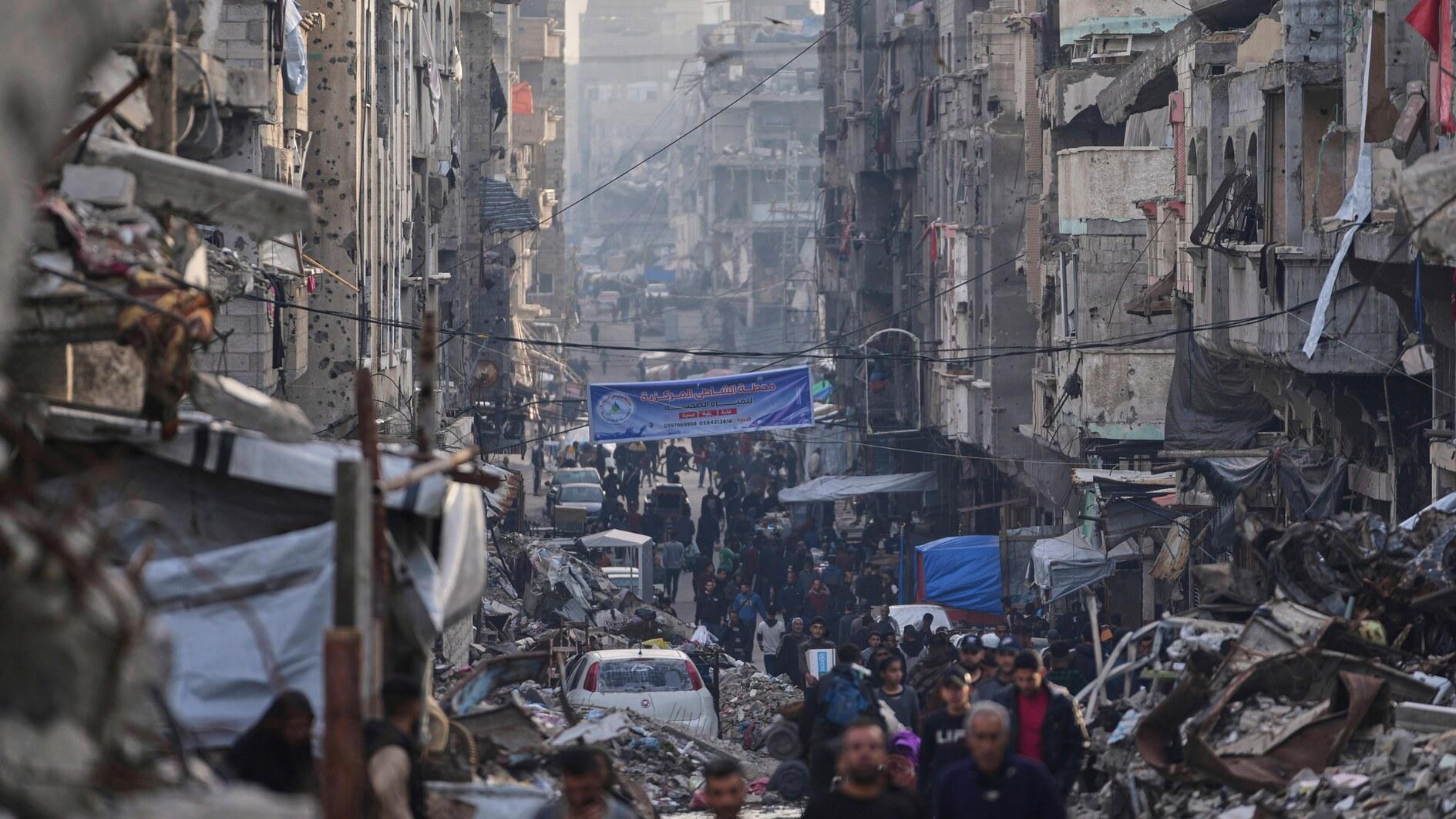Turkish Internet bill to ‘deepen press freedom crisis,’ CPJ says
ISTANBUL

The police cracked down on a protest staged last month in Istanbul against the fresh Internet bill. DHA photo
The Committee to Protect Journalists (CPJ) has claimed that a new bill on the Internet currently being debated in the Turkish Parliament will further undermine press freedoms if it passes into law.“Parliament is on the verge of voting on radical censorship measures that, if approved, would allow the government to block individual URLs without prior judicial review, mandate Internet data retention for periods of up to two years, and consolidate Internet Service Providers (ISPs) into a single association, among other changes,” the CPJ said in a statement released on Feb. 3.
The new arrangements caused serious concerns over the increase of power in the hands of the president of the Directorate of Telecommunication (TİB), who would gain the authority to block access to certain material if he decided that it breached the right to private life. A court ruling would not be necessary for such a decision to be taken.
“Although URL blocking is arguably more targeted than an order blocking an entire website, it is also far less transparent, which enables more insidious control of free expression. Under the proposed amendments, social media accounts or Web pages could even be blocked without judicial review under some circumstances. In the absence of a court order, it is unclear what public record will exist that censorship has occurred,” the CPJ said.
The press freedom association also stressed that the new amendments would mandate “data retention of between one and two years.”
“Though far worse than existing law, the proposed amendments are in some ways unsurprising; Internet freedom has been deteriorating steadily in Turkey for some time,” the report stated.
The government, nonetheless, maintains that the draft bill is designed to “protect the family, children and youth from items on the Internet that encourage drug addiction, sexual abuse and suicide.” It also says that similar laws exist in Western countries and rejects comparisons to China, notorious for its drastic censorship of the Internet.
The bill comes as the government also faces massive graft allegations and strong criticism for having undertaken works on a judicial bill that increased the executive’s grasp over the judiciary.
















